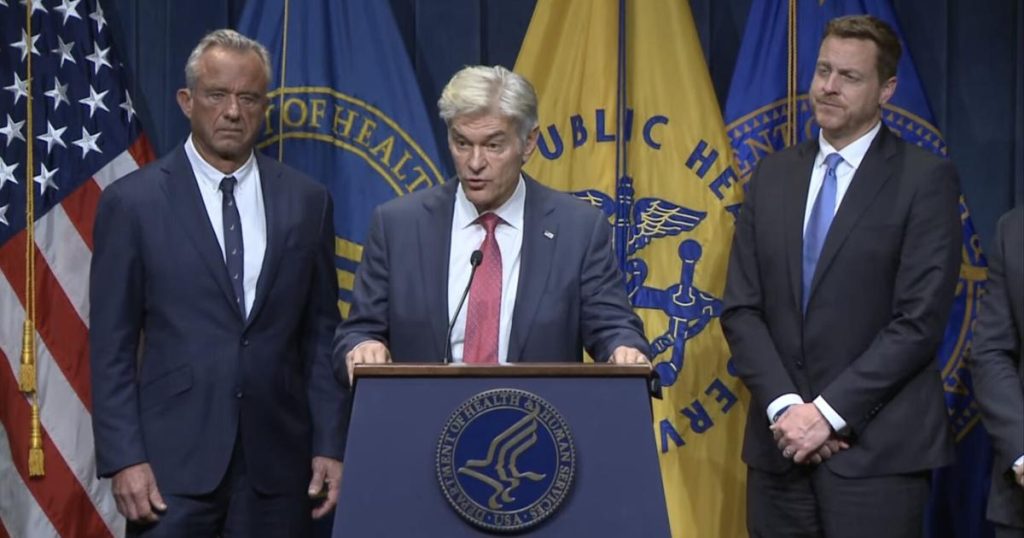(The Center Square) – As tensions flare over Republicans’ cost-saving reforms to Medicaid in the One Big Beautiful Bill Act, a new report from the Congressional Budget Office confirms that vulnerable populations currently on Medicaid would not lose health-care coverage.
Out of the 7.8 million current Medicaid recipients estimated to lose health-care coverage under the bill, approximately 4.8 million are able-bodied adults between the ages of 19 and 64 who have no dependents and work less than 20 hours a week.
Those recipients could still remain on Medicaid under the OBBBA if they decide to participate in work-related activities at least 80 hours per month.
The work requirements would not apply to pregnant women; minors and seniors; foster youth under 26; Tribal members; the medically frail; those already meeting TANF or SNAP work requirements; caregivers with young dependents; or the currently and recently incarcerated.
Another 1.4 million individuals estimated to lose subsidized healthcare under the OBBBA are noncitizens who do not meet immigration status requirements for Medicaid enrollment. Those noncitizens have nonetheless received coverage under taxpayer-funded, state-sponsored Medicaid programs.
Additionally, roughly 1.6 million out of the 7.8 million current Medicaid recipients who would be disenrolled would still have access to other types of subsidized health insurance, CBO said.
Other individuals impacted by the Medicaid reforms – but who would not ultimately lose healthcare coverage – are 1.3 million dual enrollees in Medicare and Medicaid and 1.6 who are erroneously enrolled in Medicaid in more than one state. The former group would lose Medicaid but retain Medicare, while the latter would retain their Medicaid coverage only in their state of residence.
House Budget Committee Chairman Jodey Arrington, R-Texas, who requested the CBO estimates, said in a statement that the CBO’s analysis “exposes Democrats’ phony claims that vulnerable Americans are being ‘kicked off’ of Medicaid.”
“My Democrat colleagues have resorted to false claims and fear mongering in order to protect benefits for illegals and healthy people who refuse to work at the expense of taxpayers and vulnerable Americans who depend on these programs,” Arrington added.
Overall federal spending on Medicaid would still grow by 30% over the next decade.
Rather than seeing cuts, which Democrats feared, the program would merely increase at a lower rate than previously projected. If the provisions in the House-passed OBBBA are passed, federal Medicaid spending will rise from $655.9 billion in 2025 to $860.5 billion in 2034.
The report also shows that states would save a net $13.1 billion in their Medicaid program costs over the 2025-2034 period, which they could reinvest in their own projects.
The Senate proposed revisions to the OBBBA may change that, however.
While the House-passed OBBBA froze the amount states tax Medicaid providers at 6%, GOP leaders in the Senate want to lower the cap to 3.5%. Some Republican lawmakers have pushed back, arguing that the change could force rural hospitals to cut back on services or even close.
If Republican leaders are unable to reach a compromise with holdouts, they may not get the bill to the president’s desk by their self-imposed July 4 deadline. The Senate can pass the OBBBA under budget reconciliation rules with a majority vote, but the House must approve whatever changes the upper chamber makes.
House Speaker Mike Johnson, R-La., said that he had advised House Republicans to “keep their schedules flexible” over the holiday.


